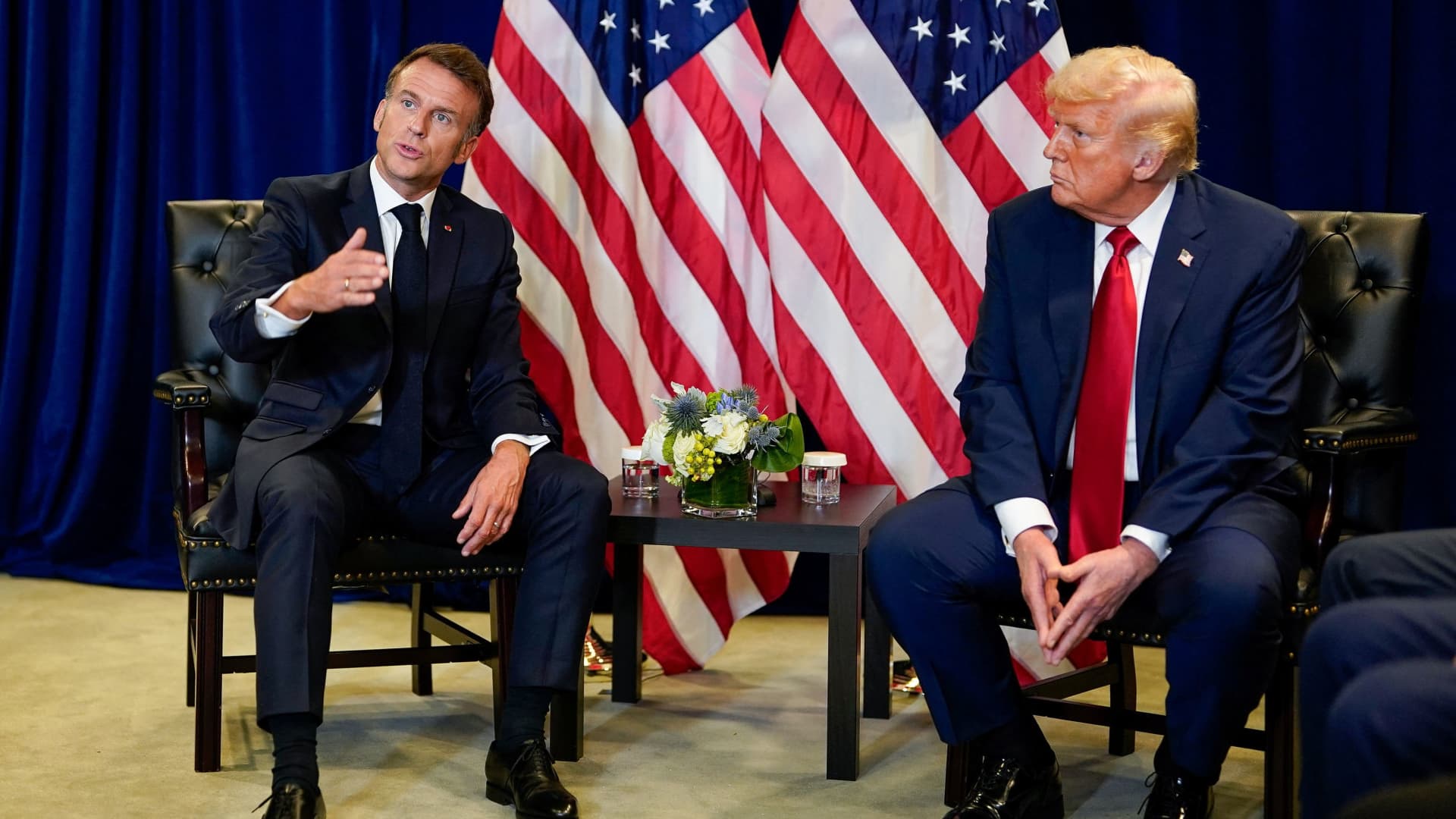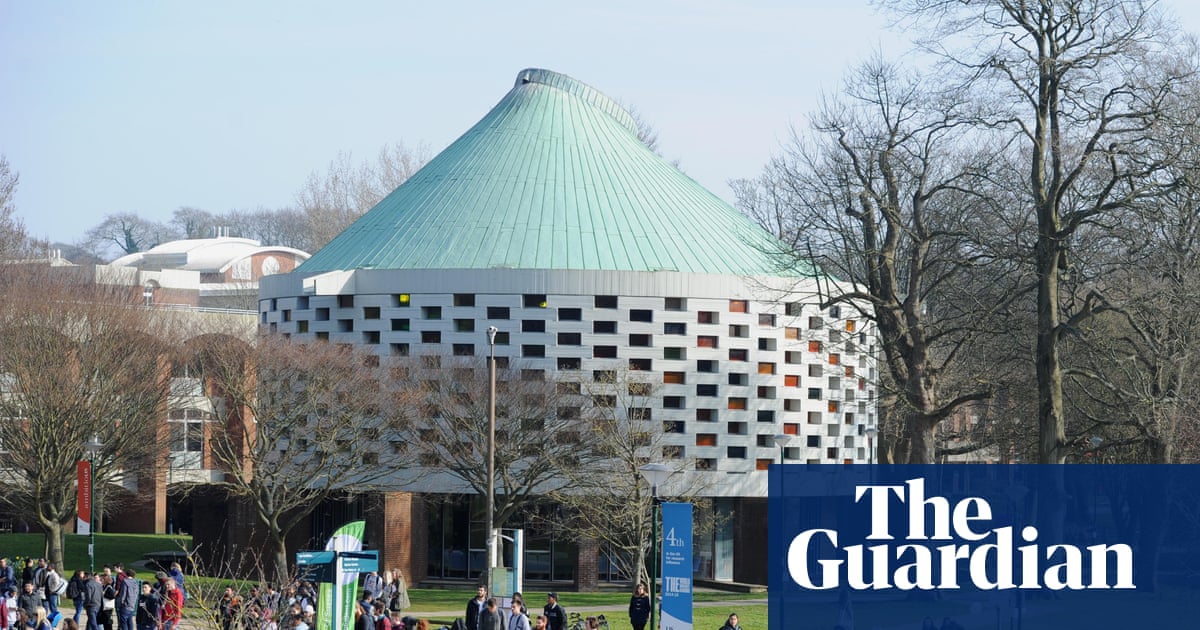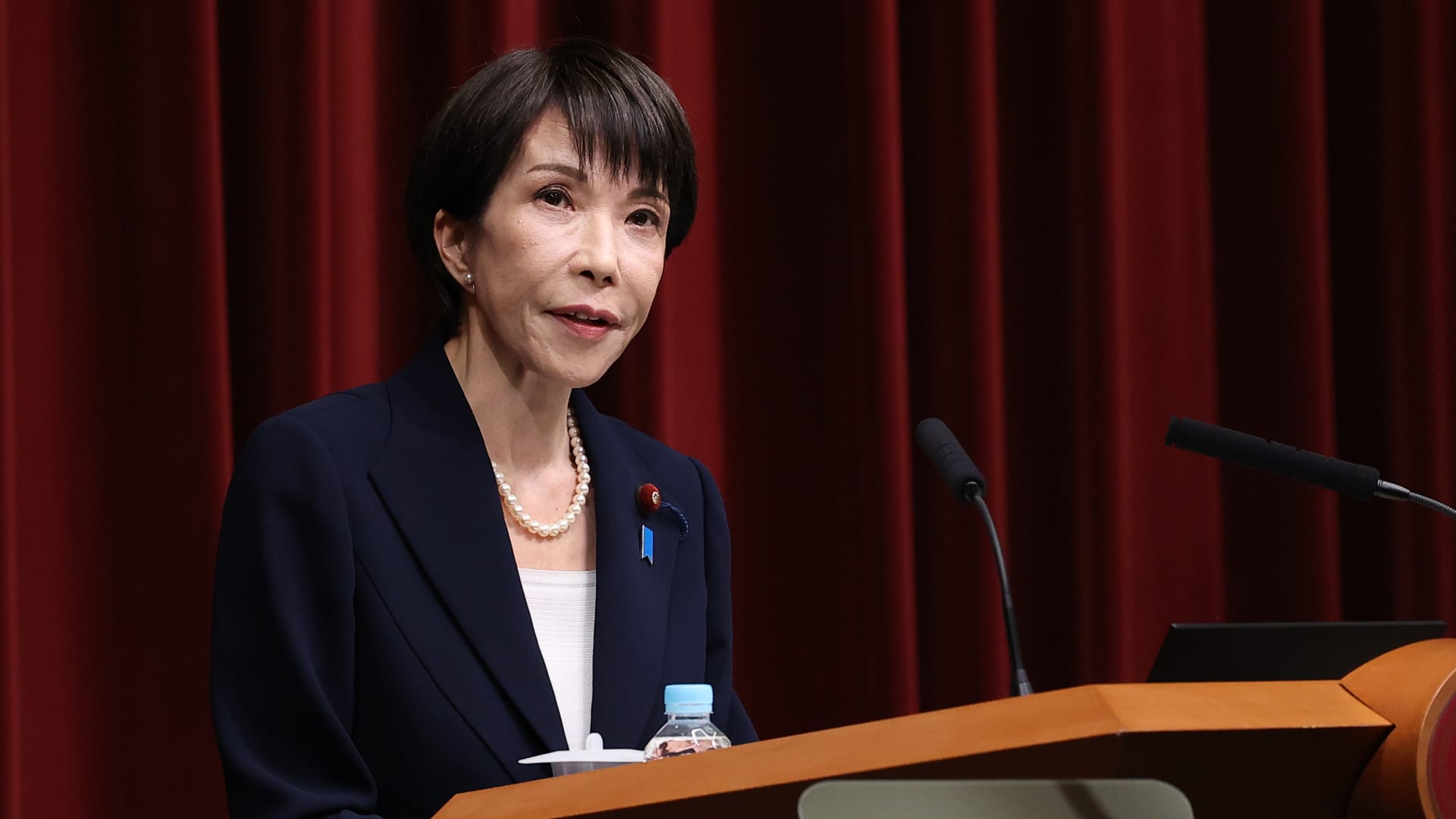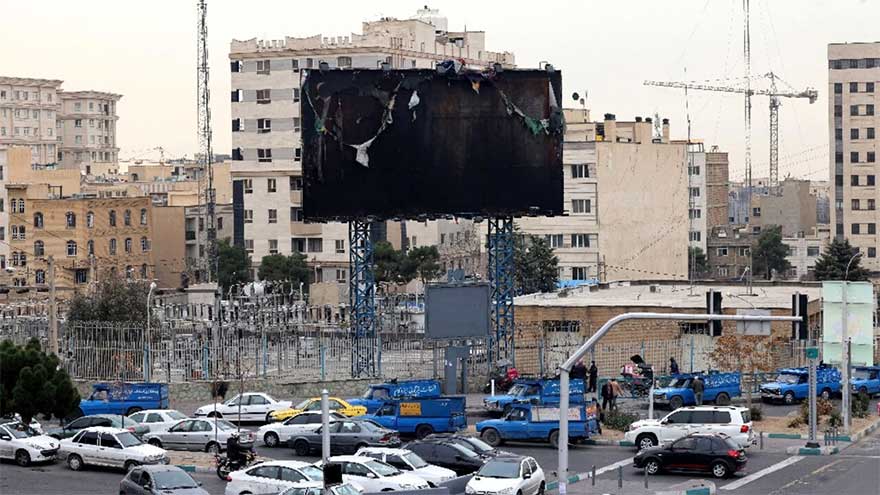U.S. President Donald Trump meets with French President Emmanuel Macron during the 80th United Nations General Assembly, in New York City, New York, U.S., Sept. 23, 2025.
Alexander Drago | Reuters
U.S. President Donald Trump on Tuesday threatened…

U.S. President Donald Trump meets with French President Emmanuel Macron during the 80th United Nations General Assembly, in New York City, New York, U.S., Sept. 23, 2025.
Alexander Drago | Reuters
U.S. President Donald Trump on Tuesday threatened…


Ministers are scrapping target numbers for international students in the UK and will instead focus on encouraging universities to open hubs abroad, as part of a plan to bring British education to people “on their own doorsteps”.
The…

Sanae Takaichi, Japan’s prime minister, during a news conference the prime minister’s office in Tokyo, Japan, on Monday, Jan. 19, 2026. Takaichi officially called an early election next month and promised a temporary sales tax cut on food if she…

PARIS (France) (AFP) – Iran’s top police officer issued an ultimatum on Monday to protesters who joined what authorities have deemed “riots”, saying they must hand themselves in within three days or face the full…